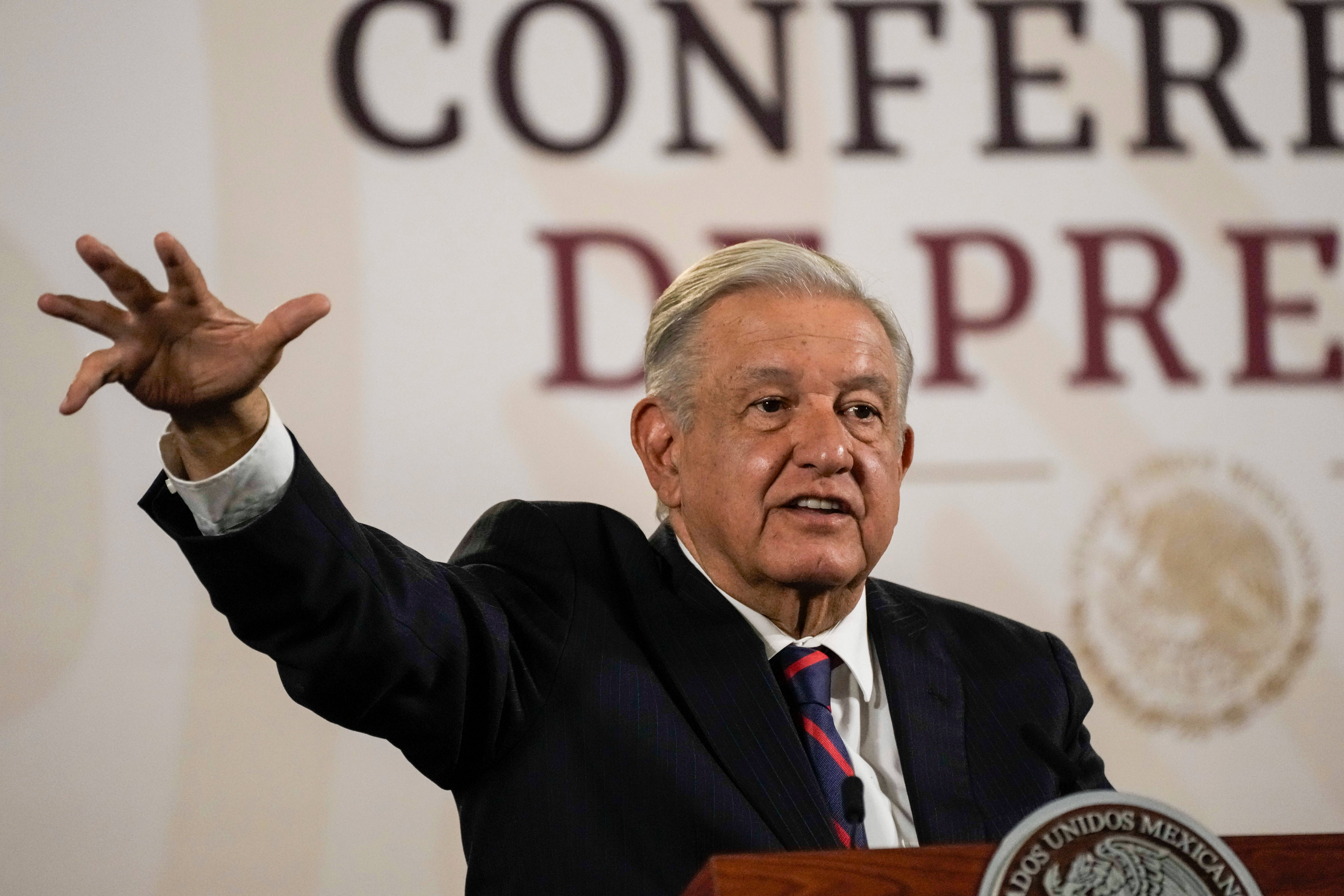
The government's move has been driven by growing frustration over the inefficiencies plaguing the nation's rail network, particularly from commuters and local governments who have long criticized private train operators for failing to meet performance standards. The bill seeks to address these concerns by shifting a greater portion of railway management into public hands, marking a step towards re-nationalization.
Central to these reforms is the creation of a single, unified public body that would oversee the day-to-day operations of the railways. This body, provisionally named Great British Railways (GBR), will assume the responsibility for setting timetables, managing infrastructure, and regulating fares, while still allowing private companies to operate some services under strict oversight. The government contends that this hybrid model will streamline operations, reduce redundancies, and lead to a more coordinated and efficient railway system.
Passenger experience is at the heart of these reforms, with the bill promising to tackle long-standing grievances regarding service reliability. The reforms have garnered public support, with surveys showing passengers overwhelmingly favoring public control of key aspects of railway management. The changes are expected to introduce more transparent performance metrics, incentivizing operators to improve punctuality and minimize disruptions.
Aside from improving services, the bill also aims to generate substantial savings for taxpayers. One of the most significant fiscal outcomes of the reforms is the anticipated annual savings of £150 million. This figure is expected to be achieved by reducing the fees currently paid to private companies operating franchise agreements with the government. By cutting out unnecessary middlemen, the reforms would lower operating costs, passing the savings on to the public in the form of reduced subsidies.
The issue of private sector involvement in rail operations has long been a contentious one in the UK. The privatization of British Rail in the mid-1990s was initially touted as a solution to the system's inefficiencies, but it has since faced significant criticism for failing to deliver promised improvements. Delays, overcrowded trains, and exorbitant ticket prices have remained persistent problems, leading many to call for a return to public ownership. With the Public Ownership Bill, the government appears to be taking a balanced approach—maintaining private involvement while ensuring that critical aspects of the railway system are directly controlled by public authorities.
Although the bill has gained momentum in Parliament, it is not without its opponents. Critics, particularly from the private sector, argue that public ownership will stifle competition and innovation in the railway industry. They claim that private operators have brought much-needed investment and modernization to the railways, pointing to technological upgrades and station refurbishments in recent years as examples of private sector contributions. However, proponents of the bill argue that these upgrades have been overshadowed by the chronic issues of poor service and unaffordable fares, which they attribute to the profit-driven model of private franchises.
The debate has also extended to the financial implications of the reforms. While the government is keen to highlight the savings for taxpayers, opponents question the long-term viability of public ownership in an industry as complex and capital-intensive as rail transport. They warn that public ownership could lead to increased costs for the government, particularly if the new model fails to attract sufficient investment from the private sector. Additionally, there are concerns that the creation of GBR could introduce bureaucratic inefficiencies, further complicating railway operations.
Despite these criticisms, the bill has continued to gain support from key political figures and organizations. Labour Party leaders have expressed strong backing for the reforms, arguing that public ownership is the only way to deliver affordable and reliable services to passengers. Trade unions representing railway workers have also praised the bill, noting that public control will provide greater job security and improve working conditions for those employed in the sector.
As the bill advances towards final approval, attention has turned to the practicalities of implementation. If passed, the reforms will require extensive reorganization of the current system, with the transition to GBR expected to take several years. During this period, the government plans to work closely with stakeholders, including private operators, to ensure a smooth handover of responsibilities. However, the success of the reforms will ultimately depend on the government's ability to deliver tangible improvements for passengers while managing the financial and operational complexities of the transition.
Topics
World
